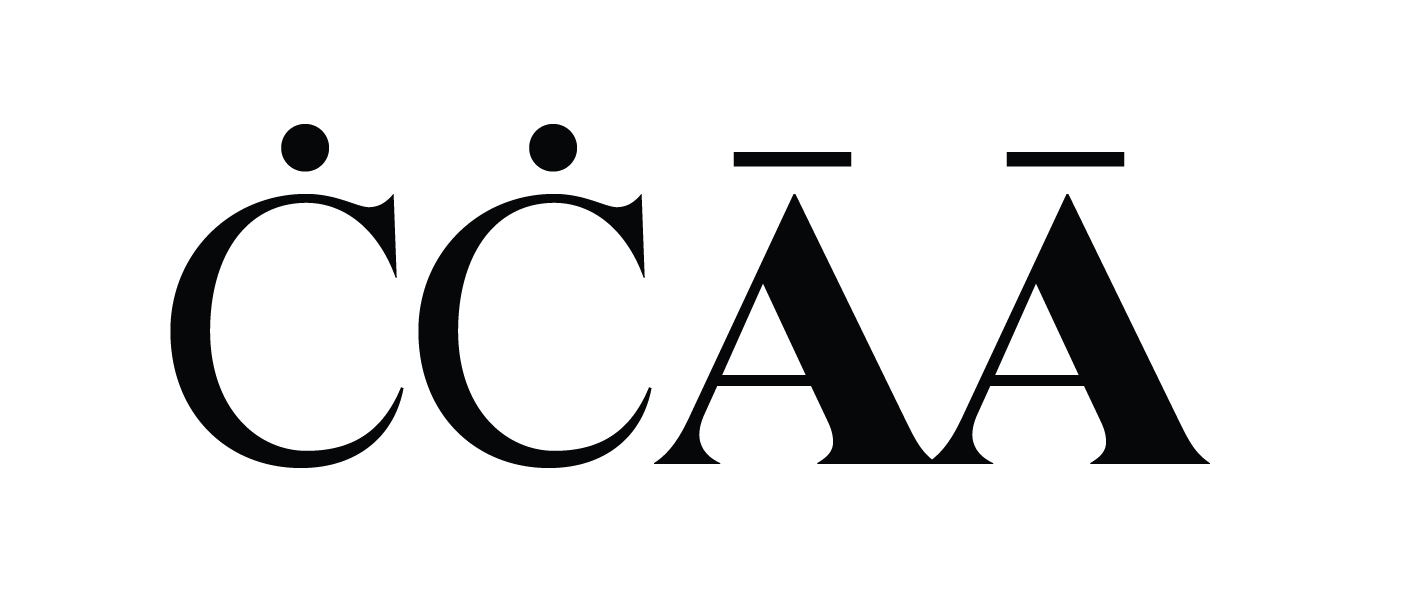Overview
Whether you aspire to play Bach or Herbie Hancock, our instructors will help you become the pianist you want to be. Our faculty will introduce you to the fundamentals of sight reading, technique and theory, and incorporate your favorite songs and pieces of music into your lessons. You don’t need to have a piano at home to take lessons; a simple full-size electronic keyboard will suffice.
What’s the #1 reason to choose the Academy for piano lessons?
Our piano instructors are warm and friendly. They usually get to know each student and parent on a personal level. We work with the student and the parent to craft a lesson plan that fits their needs. Whether you're a seven year old taking your first lesson, or a fifty year old returning to the piano after many years, our teachers will meet you where you are and help you set goals to achieve your musical aspirations.
What styles of piano do you teach?
We teach all styles, from rock, pop and jazz to country, blues and classical.
How qualified are your piano instructors?
Our music instructors have received their education from prestigious institutions such as Manhattan School of Music, Berklee College of Music, Peabody Conservatory of the Johns Hopkins, Northern Illinois University, Conservatory of Music of Puerto Rico, Howard University in Washington, University of Maryland, Komitas State Conservatory, University of Southern Mississippi, University of Hartford – Hartt School of Music Hartford, Towson University, College Conservatory of Music at University of Cincinnati, Shanghai Conservatory of Music, Liaoning Normal University in Dalian China, and Boston University. Many have toured the US and Europe, and bring years of professional performance and teaching experience to your lessons.
What will I learn in piano lessons at the Academy?
In piano lessons, you'll cover a wide range of topics and skills that will help you become a proficient pianist. Here are some key areas you can expect to learn:
Proper technique: You'll learn how to position your hands, use correct fingerings, and develop good posture and hand coordination for playing the piano.
Music theory: Understanding music theory concepts is crucial for piano players. You'll learn about scales, chords, key signatures, and how to read sheet music.
Sight-reading: You'll develop the ability to read and play music notation fluently, allowing you to learn new pieces efficiently.
Repertoire: You'll learn and play a variety of pieces from different musical styles and periods, such as classical, jazz, pop, and more. This helps you build a diverse repertoire and exposes you to different piano techniques and musical expressions.
Technique exercises: You'll practice exercises that improve finger strength, dexterity, and agility. These exercises enhance your overall playing ability and help you tackle challenging passages in music.
Music interpretation and expression: You'll learn how to bring out the musical nuances and emotions in a piece through dynamics, phrasing, and articulation.
Music composition and improvisation: Depending on your interests, you may explore composing your own music or improvising on the piano. This allows you to express your creativity and develop your musical ideas.
Performance skills: Piano lessons often include performance opportunities, such as recitals or competitions. These experiences help you build confidence, stage presence, and the ability to connect with an audience.
Music appreciation: You'll deepen your understanding and appreciation for different composers, styles, and historical periods of piano music.
Remember, the specific focus and curriculum of piano lessons may vary depending on your goals, the teacher's approach, and your skill level. It's always a good idea to discuss your interests and objectives with your piano teacher to tailor the lessons to your needs.
Do I have to know how to read music?
No. Beginners are welcome!
Do I need a piano to learn the instrument?
No, you do not need a piano at home to take lessons. A simple full size electronic keyboard will suffice.
Are there piano recitals?
Absolutely! In December and June, our students get the chance to showcase their talent at an exiting venue with a Steinway Grand piano. We don't believe in charging our students any performance fees, and the admission is completely free. So you can invite as many guests as you’d like.
Student Testimonial:
Chevy Chase Arts Academy is a great music academy for kids and adults. My son and I have both been taking piano classes there for almost two years, and my daughter took voice lessons, as well. The whole staff is warm and really encourages your progress. And the owner is great -- a really experienced pianist and composer who knows how to motivate kids. Their "musical ladder" approach has given my 10-year-old a lot of motivation to keep on practicing and progressing. I highly recommend them for any instrument you want to learn!
Sarah G.
Hours
With Appointment
Monday - Friday {9:00am-8:30pm} | Saturday - Sunday {9:00am-4:30pm}
Here is how you take the next step: You can fill out our request info form and we will respond to you within 24 hours with information about our lessons, available weekly lesson times as well as a link to register. Or call 301-906-9283 to get a great lesson time as space is limited..
Pricing
$60.00 / 30 Minutes
Lessons are available seven days a week, and scheduled once a week. A one-time registration fee is $35.


